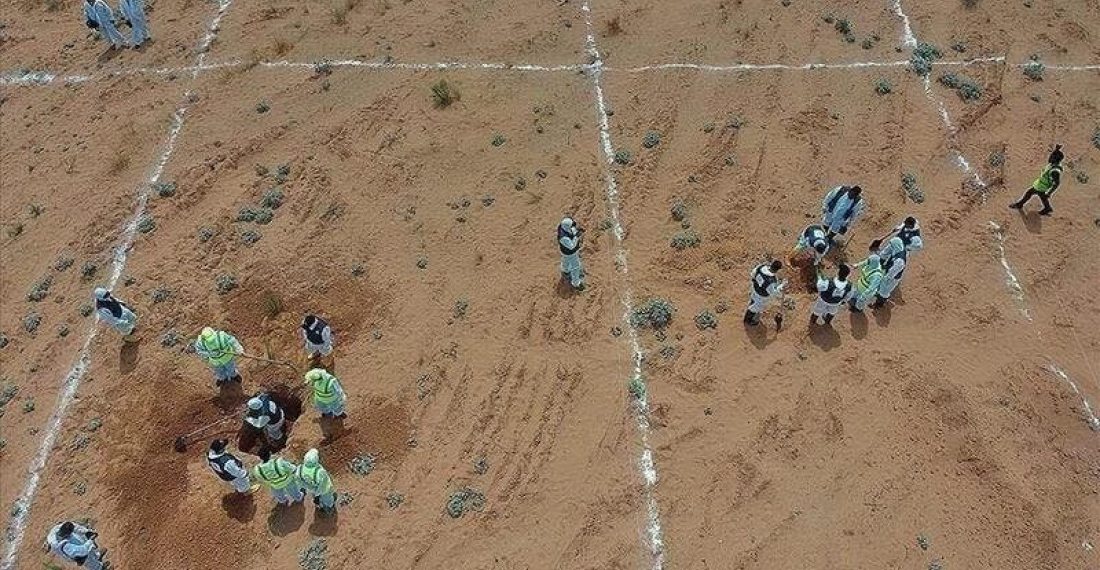A delegation from The Hague-based International Criminal Court (ICC) will visit Libya on Friday to inspect mass graves found in Tarhuna, according to the Libyan army. The ICC will also investigate those involved in war crimes in coordination with the Tripoli Prosecutor's Office.
On June 16, the Libyan government found 226 dead bodies in mass graves in Tarhuna and south of Tripoli.
The Libyan government (GNA) has recently called on the United Nations, the International Criminal Court (ICC) and other human rights groups to demand an international investigation into the mass graves.
According to Libyan official sources, Haftar's forces and affiliated militia committed war crimes and acts of genocide in the period between April 2019 and June 2020.
The Ministry of Justice in the GNA announced that it returned the identified bodies to their families.







